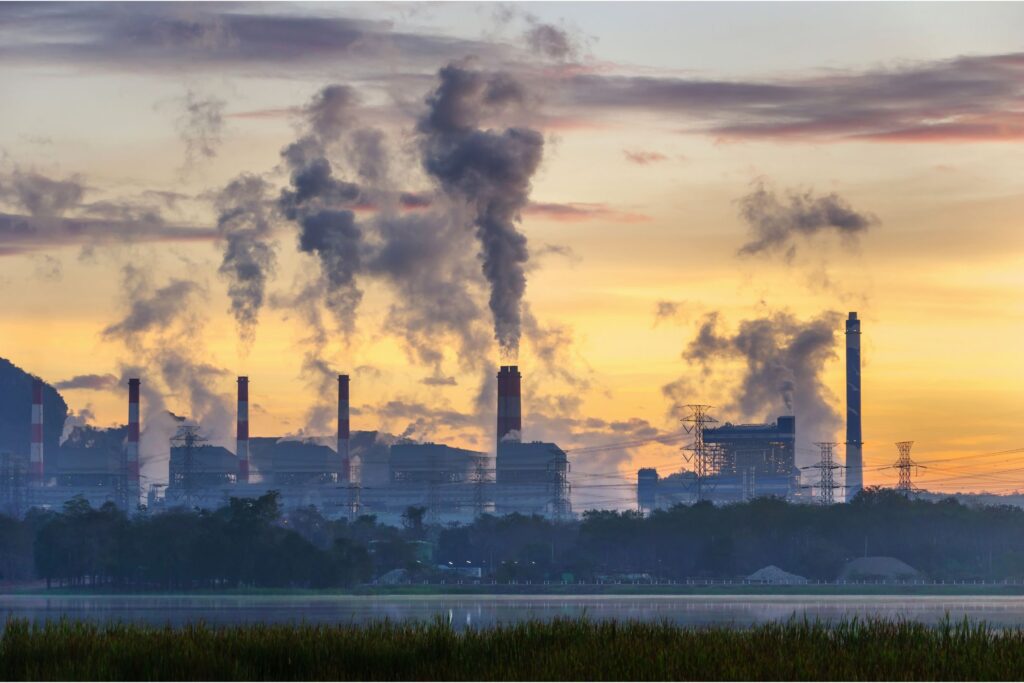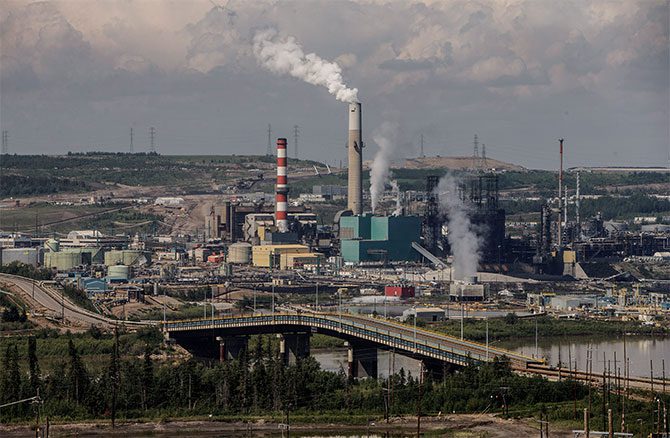Today, the day before world leaders come together at the Leaders Climate Summit hosted by President Joe Biden, a coalition of groups came together to call on Canada’s federal government to increase the ambition of its actions to combat climate change. The organizations are highlighting that doing our fair share on climate action is not only Canada’s responsibility, but within our reach, with strong regulations, increased investment and a commitment to justice.
Catherine Abreu, Executive Director, Climate Action Network Canada:
“We’re calling on Canada to double down on climate ambition not just so we can finally contribute our fair share of greenhouse gas emissions reductions, but so that we can do our part to build a better world. A foundation of strong climate goals, smart climate governance, generous climate finance, and human-centred climate policy will help us break our addiction to fossil fuels and shift to social and economic systems that work for people as well as the planet.”
Naolo Charles, Founder, BE Initiative and Co-Founder, the National Anti-Environmental Racism Coalition:
”We need to put people at the center of our environmental policies and frameworks. We often forget that we, the people, and the living things around us are really what needs saving, not the planet itself. We need to let go of the old ideas, of the old profit over people, the old colonialism, we need to stop believing in old energy sources that start their life cycle as great assets for the economy and end as nightmares for people’s health.
The Covid crisis is a signal that we need to listen to, a notice that our advanced economy can be paralyzed by environmental problems, that individualism can kill us all, and that we need to learn how to respect the balance of the environment because we are only a part of it. These are things that some of the communities that form Canada have known for centuries, so it’s time for us to value the people, the indigenous people, the racialized people, everyone no matter their race and social status because we need us all to overcome the challenges of this century.”
Eriel Tchekwie Deranger, Executive Director, Indigenous Climate Action:
“Current climate policies in Canada continue to fall flat leaving those on the frontlines of climate change, largely Indigenous and people of color, navigating the brunt of the consequences while being left out of decision making while corporations continue to be granted safeguards for business as usual. We can no longer accept climate policy development that excludes Indigenous and human rights. The exclusion of Indigenous climate leadership and denial of our rights to self-determination actually forecloses on some of the most powerful forces for transformative, systemic change in Canada. Policy focused solutions to the climate crisis need to be about more than the inclusion of traditional ecological knowledge, but rather the assurance of Indigenous sovereignty over policy decisions that impact our communities and territories.”
Kate Herriot, Climate Justice Saskatoon:
“The federal government must demand real action from the high-emitting laggard provinces, compelling them with whatever means are necessary. It also needs to confront the big polluters that control political agendas in these provinces, to throw the oil industry out of bed, stop pampering it with subsidies and pipelines, and demand a plan for phasing-out fossil fuel operations. We should, by now, be creating meaningful employment for labourers who are finding themselves stranded in dying industries, and enabling the clean industries and the clean jobs of the future.”
Dr. Courtney Howard, Emergency Physician, Yellowknife, Past-President, CAPE:
“The same measures that can help Canada achieve net zero by 2050 can save an estimated 112,000 lives from air pollution alone. Given what we now know about the health risks of air pollution, subsidizing fossil fuels is as unacceptable as is subsidizing tobacco. Today, hundreds of health professionals are asking our political leaders to acknowledge that lives lost to climate change and air pollution are every bit as valuable as those lost to COVID-19 and to take action accordingly by announcing a climate target that protects the health of our children.”
The Most Rev. Mark MacDonald, National Indigenous Archbishop, Anglican Church of Canada:
“In the urgency of our present day moment of multiple colliding global catastrophes, the living relationship of Indigenous Peoples to the Land is more than just an educational witness, it is a vital, essential, and sacred pathway to our future. The symbiotic relationship of the People of the Land and Waters must not only be honoured and protected, it must be a prototype and pattern.”
Dale Marshall, National Climate Program Manager, Environmental Defence:
“Doubling our climate target is necessary, worth it and, most importantly, doable. It will be hard work, but Canadians are up for it, and the benefits will be healthier communities, more affordable energy, and more, stable, green jobs.”
Joie Warnock, Assistant to the President, Unifor:
“Canada must get more ambitious—our reduction targets for greenhouse gas emissions won’t get the job done. It’s about getting it right for workers and communities to deliver a transition that protects and creates good jobs. Unifor is deeply concerned the Government of Canada has not done the work to ensure a just transition.”
-30-
For more information or to arrange an interview, please contact:
Barbara Hayes, Environmental Defence, bhayes@environmentaldefence.ca
Pamela Daoust, National Communications Director, Canadian Association of Physicians for the Environment (CAPE), pamela@cape.ca






